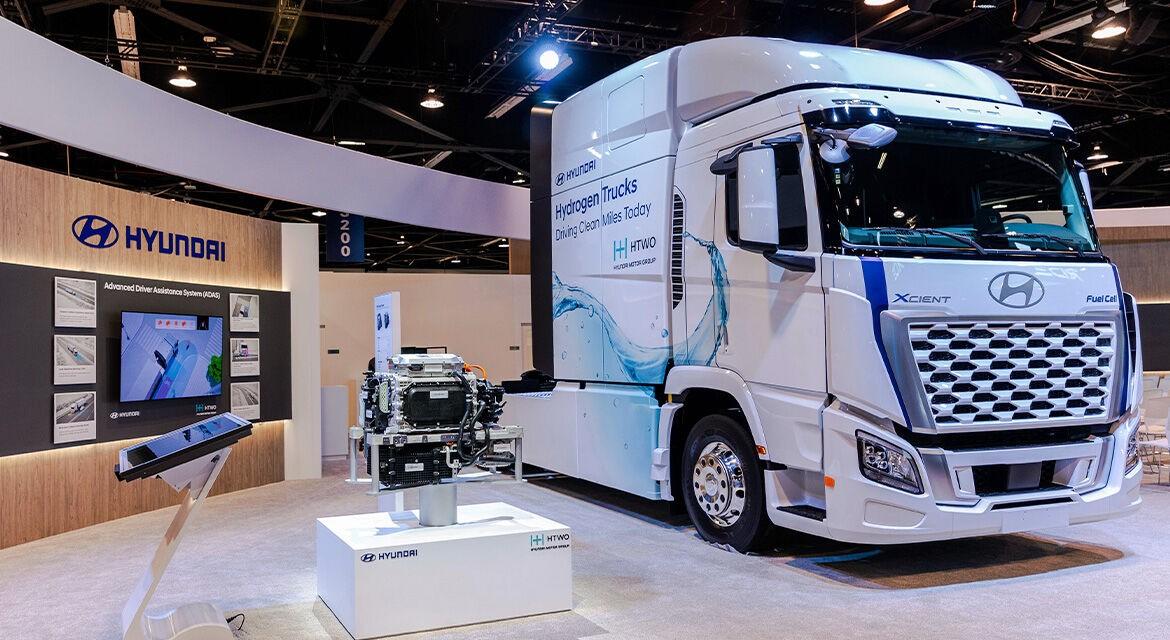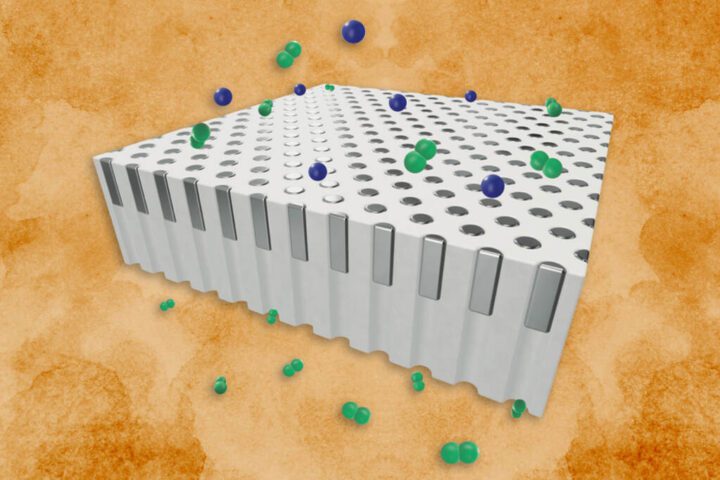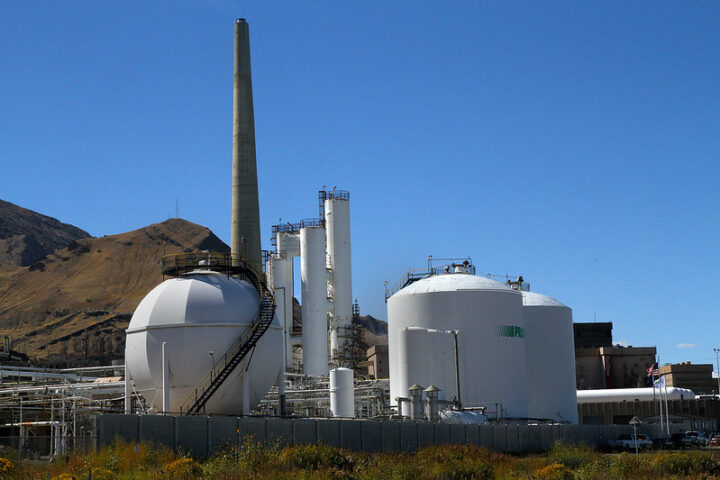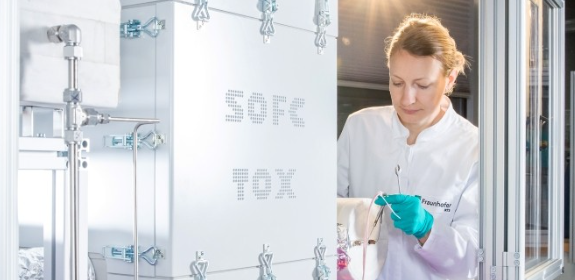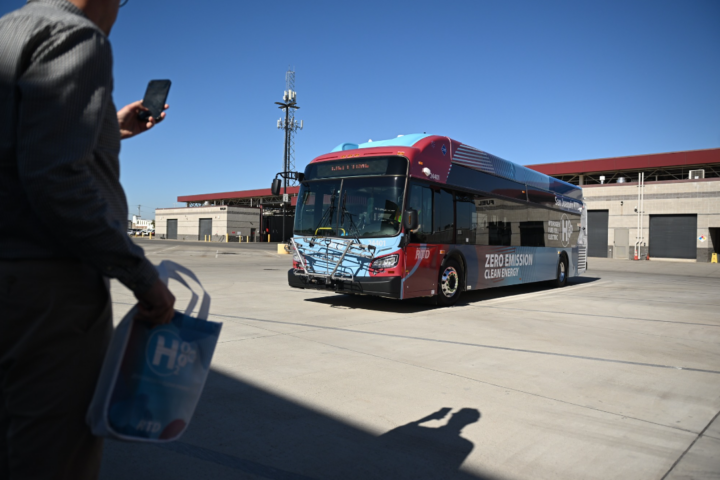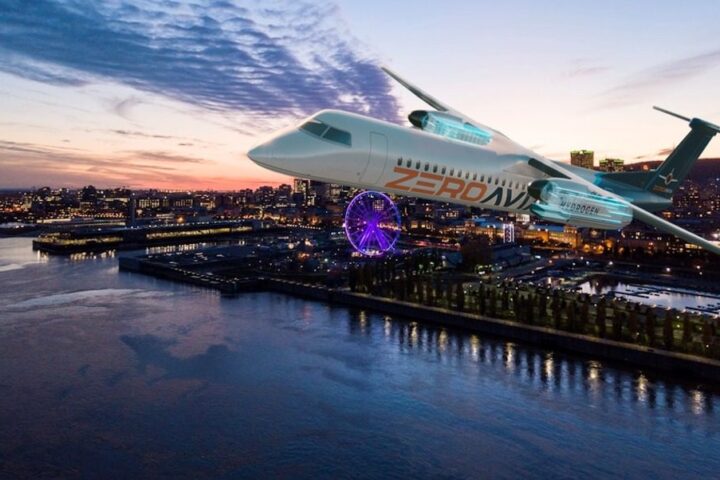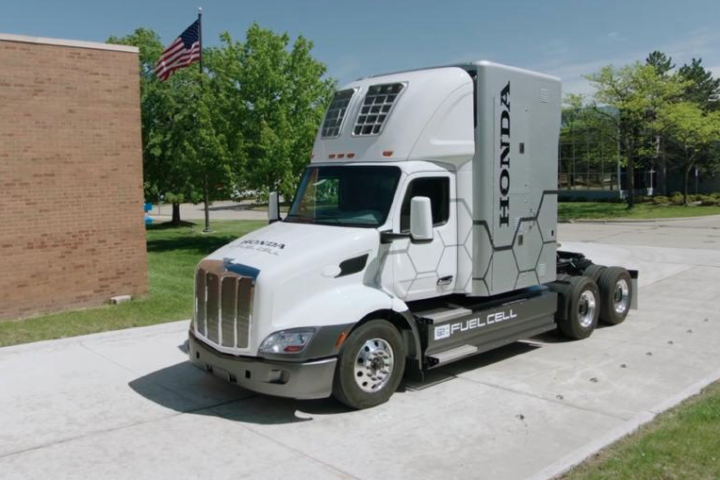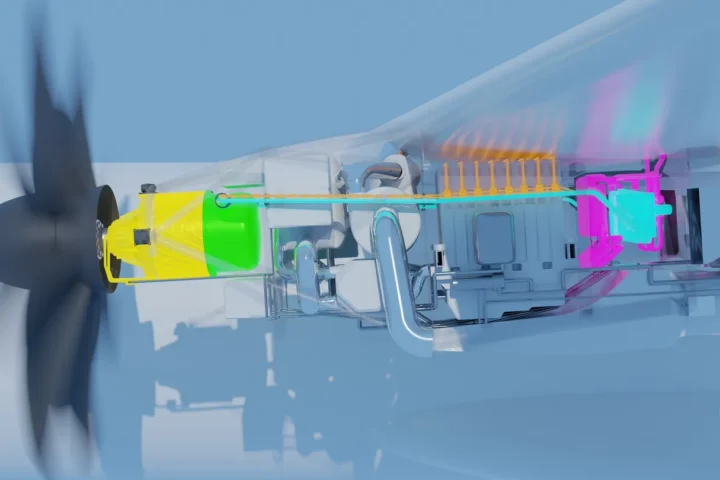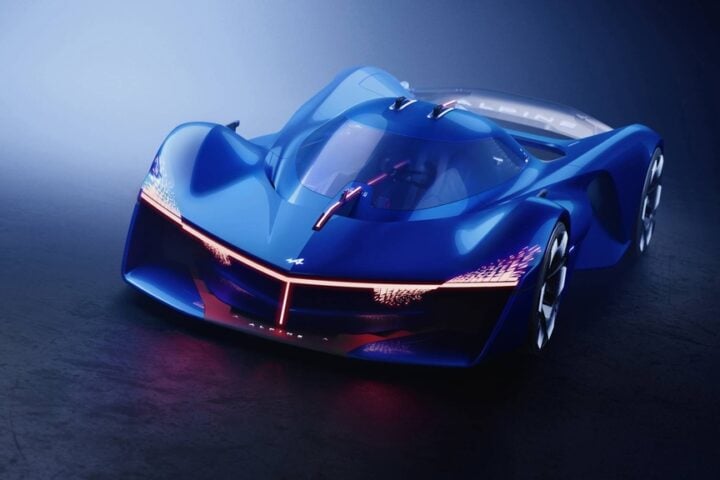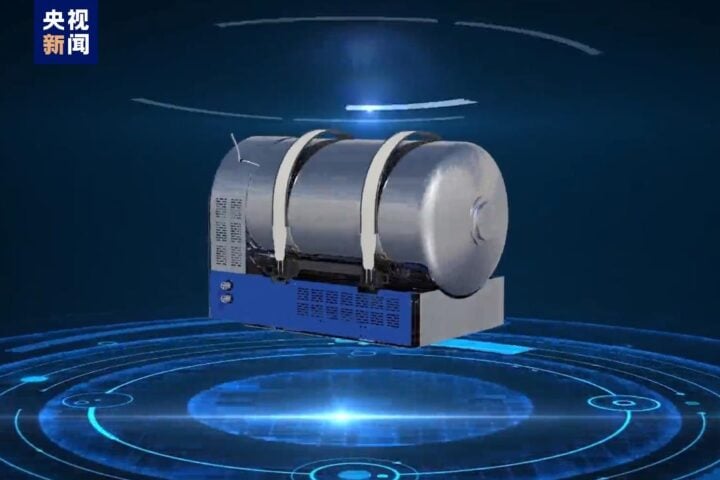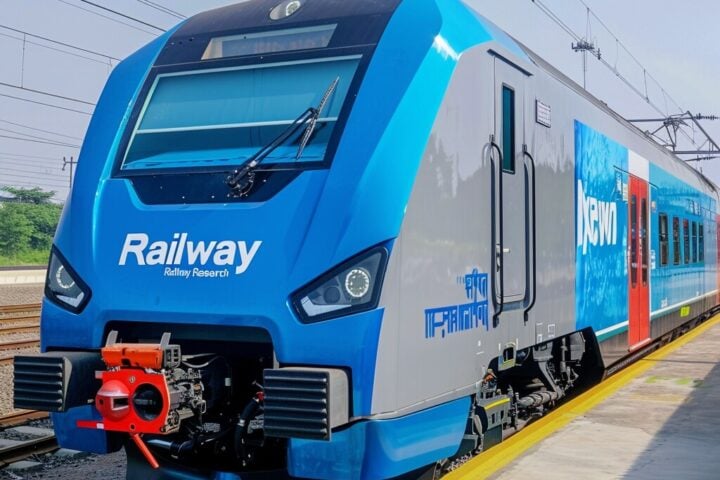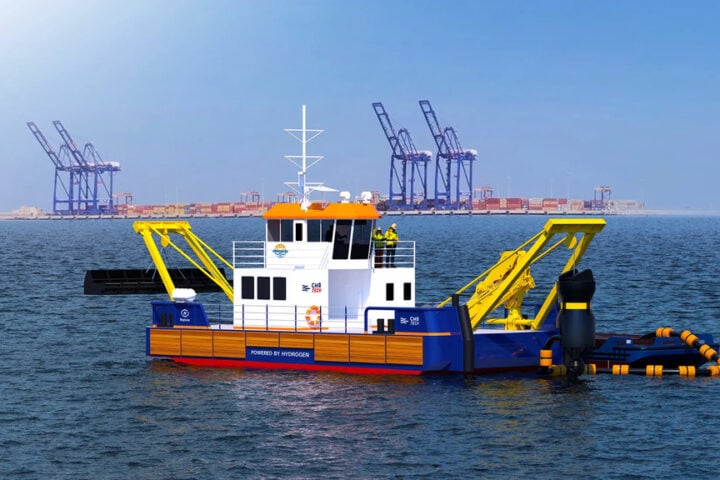Hyundai unveiled its upgraded XCIENT hydrogen-powered truck at a clean transportation show in California last month. The truck runs on hydrogen fuel cells instead of diesel – imagine a bigger, more powerful version of the tech that powers some cars today.
What makes this truck special? For starters, it can drive up to 450 miles before needing more hydrogen – about the same distance as a regular diesel truck. The truck can refuel quickly, taking significantly less time than charging an electric truck.
The numbers tell an interesting story. Since 2020, these trucks have covered over 13 million kilometers (about 8 million miles) across 13 countries. In California alone, 30 of these trucks moved cargo at Oakland and Richmond ports, covering nearly 450,000 miles without producing exhaust emissions.
“We’re delivering real-world, production-ready solutions that move the industry forward,” says Ken Ramirez, who heads Hyundai’s commercial vehicle division. The truck isn’t just an experiment – it’s already doing real work.
Similar Posts
Inside the truck, drivers get modern comforts like a 12.3-inch digital dashboard and safety features that help prevent accidents. It can pull up to 82,000 pounds – matching what diesel trucks do today.
But there’s a catch. While the technology works, getting hydrogen to power these trucks isn’t easy. Hyundai plans to build a fuel station in Savannah, Georgia that can produce 1,200 kg of hydrogen daily. That’s a start, but more stations would be needed for widespread use.
Money matters too. Right now, hydrogen trucks cost more upfront than diesel ones. With government support and long-term use, the overall costs could become competitive with diesel trucks.
The bigger picture? The hydrogen truck market could grow from $1.93 billion in 2024 to $10.79 billion by 2035. That’s significant growth, but it depends on building more hydrogen stations and bringing down costs.

Jim Park from Hyundai North America points to another development: they’re working on making these trucks self-driving. The technology works – that much is clear. But whether hydrogen trucks become common on highways depends on practical matters: building more fuel stations, bringing down costs, and convincing trucking companies to make the switch from diesel.
For now, Hyundai’s hydrogen truck shows what’s possible. The real test will be turning that possibility into reality on roads across the country.
